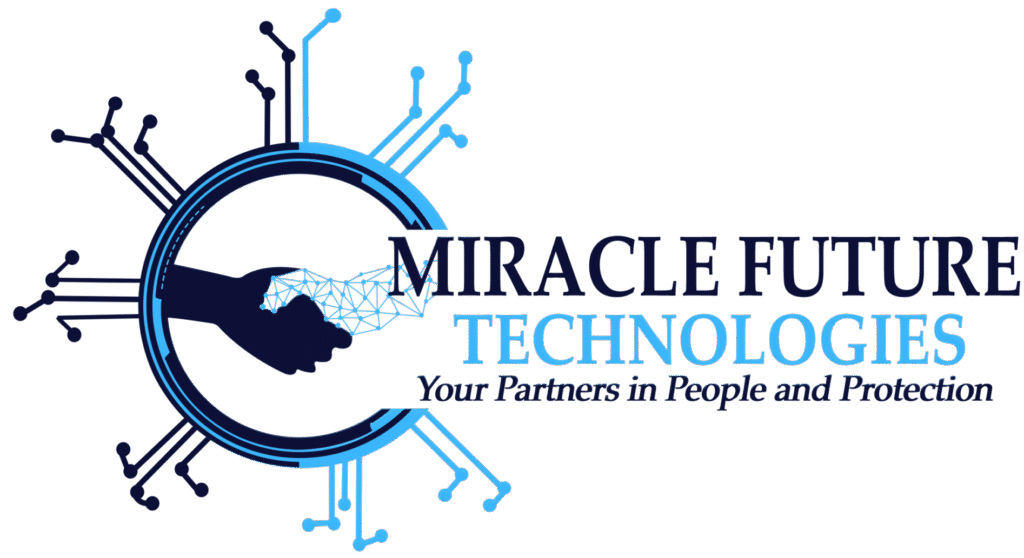CLOUD CONSULTING
Testimonials

Achieve business value in the cloud – securely, efficiently, and confidently!
Our cloud consulting services help you harness the power of the cloud to transform and modernize your organization, identify opportunities to gain competitive advantage and improve business efficiency and operations. We provide an end- to-end approach, from envisioning and planning through migration, implementations, and managed services.
Cloud consulting services play a crucial role in helping our clients leverage cloud technologies to enhance their operations, scalability, and overall business strategies. These services are offered by experts in cloud computing and can assist our clients in migrating to the cloud, optimizing their cloud infrastructure, and ensuring security and compliance. Here’s an overview of the key components of cloud consulting services:
Our Services Includes :
1) Cloud Strategy and Planning:
- Assessment: Evaluate an organization’s current IT infrastructure, applications, and business objectives to define a cloud adoption strategy.
- Roadmap Development: Create a comprehensive plan that outlines the stages of cloud adoption, including choosing the right cloud service models (IaaS, PaaS, SaaS) and deployment models (public, private, hybrid).
- Cost-Benefit Analysis: Analyze the potential cost savings and benefits of migrating to the cloud, including a total cost of ownership (TCO) assessment.
2) Cloud Migration Services:
- Assessment and Readiness: Evaluate existing applications and data to determine their suitability for migrations.
- Migration Planning: Develop a migration plan, including selecting appropriate migration tools and strategies (rehost, refactor, re-architect).
- Migration Execution: Assist in moving applications and data to the cloud while minimizing downtime and ensuring data integrity.
- Post-Migration Optimization: Fine-tune cloud resources and configurations for optimal performance and cost efficiency.
3) Cloud Architecture and Design:
- Cloud Infrastructure Design: Create scalable and resilient cloud architectures tailored to the organization’s needs.
- Security and Compliance: Ensure that cloud solutions meet security and compliance requirements (e.g., GDPR, HIPAA) through proper design and configurations.
- High Availability and Disaster Recovery: Implement strategies for ensuring continuous availability and disaster recovery in the cloud.
4) Cloud Management and Optimization:
- Cost Management: Monitor and manage cloud costs, recommending strategies to optimize spending.
- Performance Monitoring: Implement tools and practices for monitoring the performance of cloud resources and applications.
- Resource Scaling: Automate resource scaling to adapt to changing workloads and traffic.
5) Security and Compliance:
- Cloud Security Assessment: Evaluate cloud security posture and provide recommendations for improving security.
- Identity and Access Management (IAM): Implement and manage IAM policies and practices to control access to cloud resources.
- Compliance Auditing: Assist with compliance assessments and audits to ensure cloud services meet regulatory requirements.
6) Cloud Training and Skills Development:
- Provide training and knowledge transfer to in-house IT teams to enable them to manage and optimize cloud resources effectively.
7) Managed Cloud Services:
- Offer ongoing management and support for cloud infrastructure, including monitoring, patching, and incident response.
8) Cloud Vendor Selection:
- Assist our clients in selecting the right cloud service providers (e.g., AWS, Azure, Google Cloud) based on their specific requirements.
9) Cloud Governance and Best Practices:
- Establish cloud governance policies and best practices to ensure that cloud resources are used efficiently and securely.
10) Hybrid and Multi-Cloud Strategies:
- Advise on the adoption of hybrid and multi-cloud strategies to combine on-premises and cloud resources for flexibility and redundancy.


